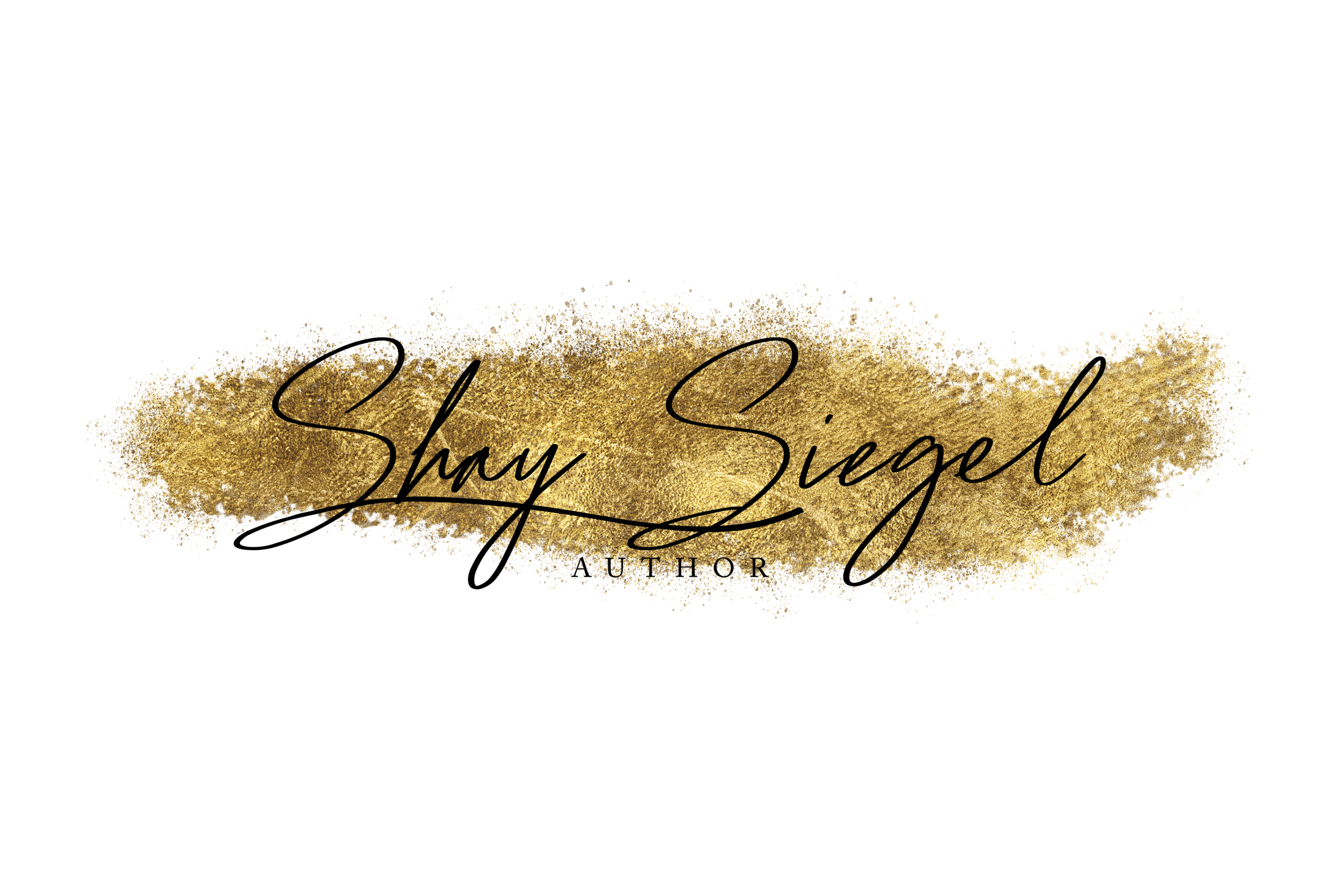What is the most important component of a book, in your opinion?
Q&A With Shay Each Sunday
Books have lots of different jobs and they affect all of us differently—and for different reasons! So, this is just an opinion, but I’d think the majority might agree.
Q: What is the most important component of a book, in your opinion?
A: The writing. And, I don’t just mean because books have to be written, of course! Writing is subjective, but there are certain rules and elements that make for good writing and not everyone gets there.
Obviously you would want the characters to be realistic, the plot not to have any holes in it, the themes to be relevant and relatable, and so on. But, none of that matters if the writing isn’t good. There are aspects of writing that many who write don’t necessarily understand or haven’t studied enough yet. Feel free to reference my blog on top writing advice for beginning authors from several months ago.
My first attempt at my first book eight years ago was disastrous when I look back on it. I’d be embarrassed to find that file on my computer now. Thankfully I fully rewrote it about two-three years after that, once I had two years of grad school—for writing—under me. I was improving my writing craft tremendously, but I still had a lot to learn. I went back and forth with that book, gutting it, and re-doing it. And, to let you in on a secret, I started doing that same thing to my first book yet again this year since it still isn’t published. In a way, my not having published it by now must have been because I wasn’t ready. I put it aside in 2016, and I just picked it back up a couple weeks ago to cut all of the “flash-forward” scenes, and initiate plans on where to go from there. I STILL wasn’t happy with the writing. Even after all I had learned over the years, the writing in my first book could be improved.
In a way, it’s frustrating to not be the best you can be after immersing yourself in learning all the rules and studying so much for so long, but it also gives reassurance to visibly see the improvements over the years even after becoming a so called “master.” (I have a master of fine arts, but I am still not a master.)
My book definitely had a lot of plot holes (not nearly as many as that first draft eight years ago) but the writing wasn’t SO bad that it could’ve been dismissed outright for these plot holes. It was simply one of the things that was wrong with it.
So, the moral of this story is, learn the craft. And when you think you have learned it all, keep learning more, because there’s never an end point where learning is concerned. For writing or anything else. Read craft books, attend workshops, meet with critique partners online or in person. These are all tremendous ways to keep improving and be held accountable for good writing.
Then, in my opinion, you will have achieved the most important part of a book!

